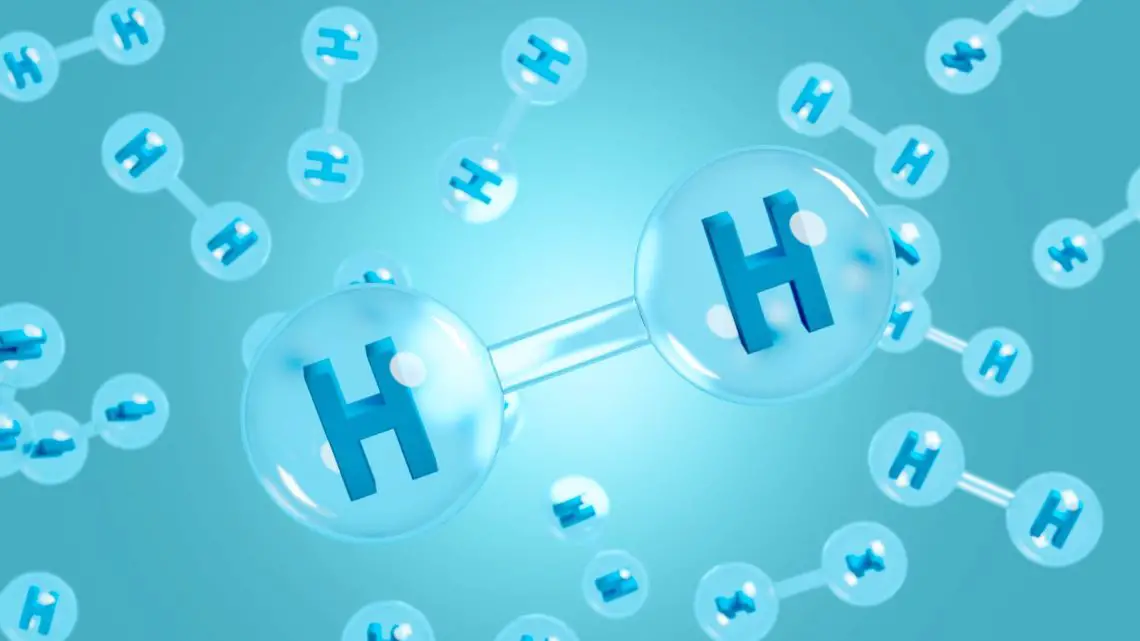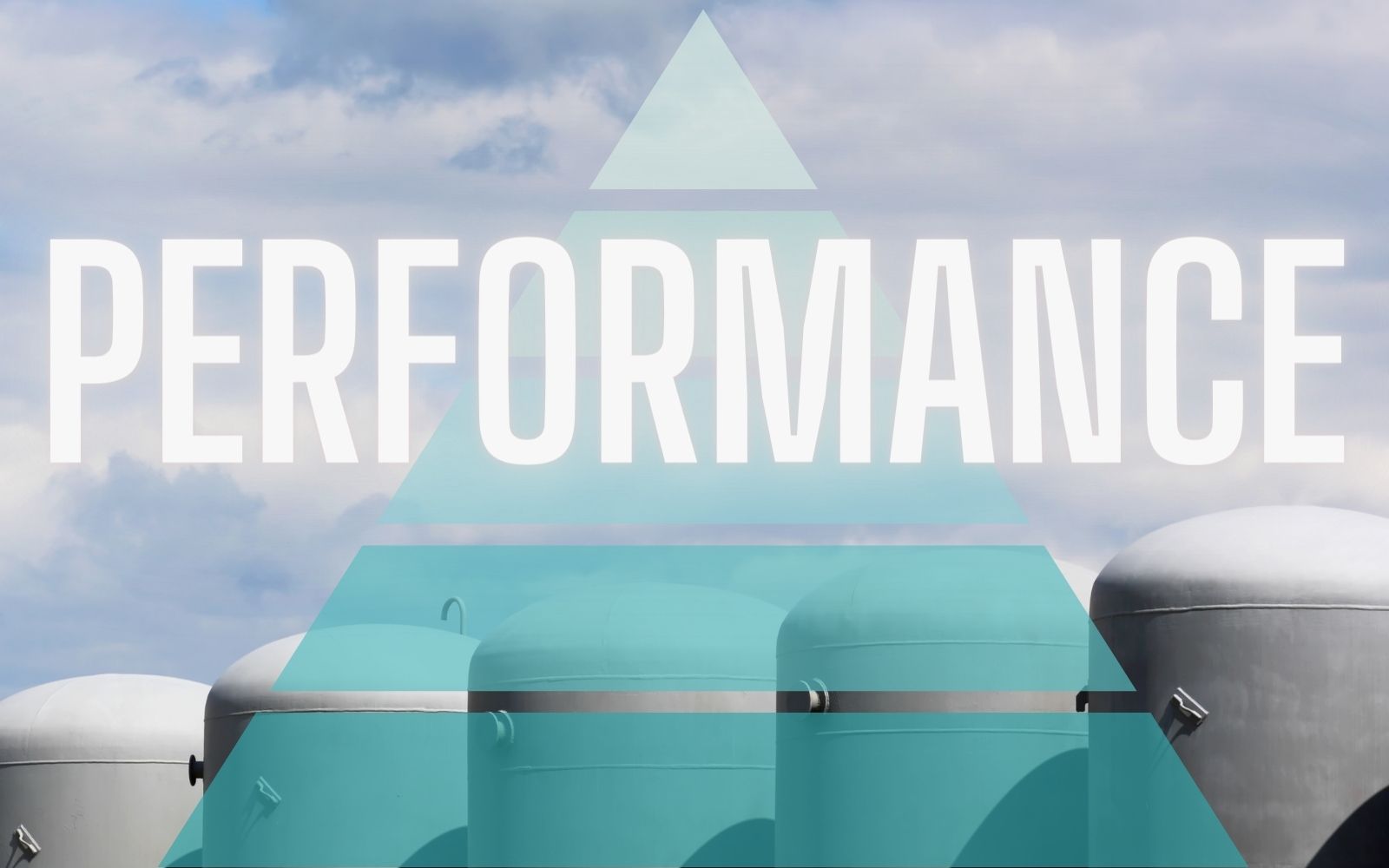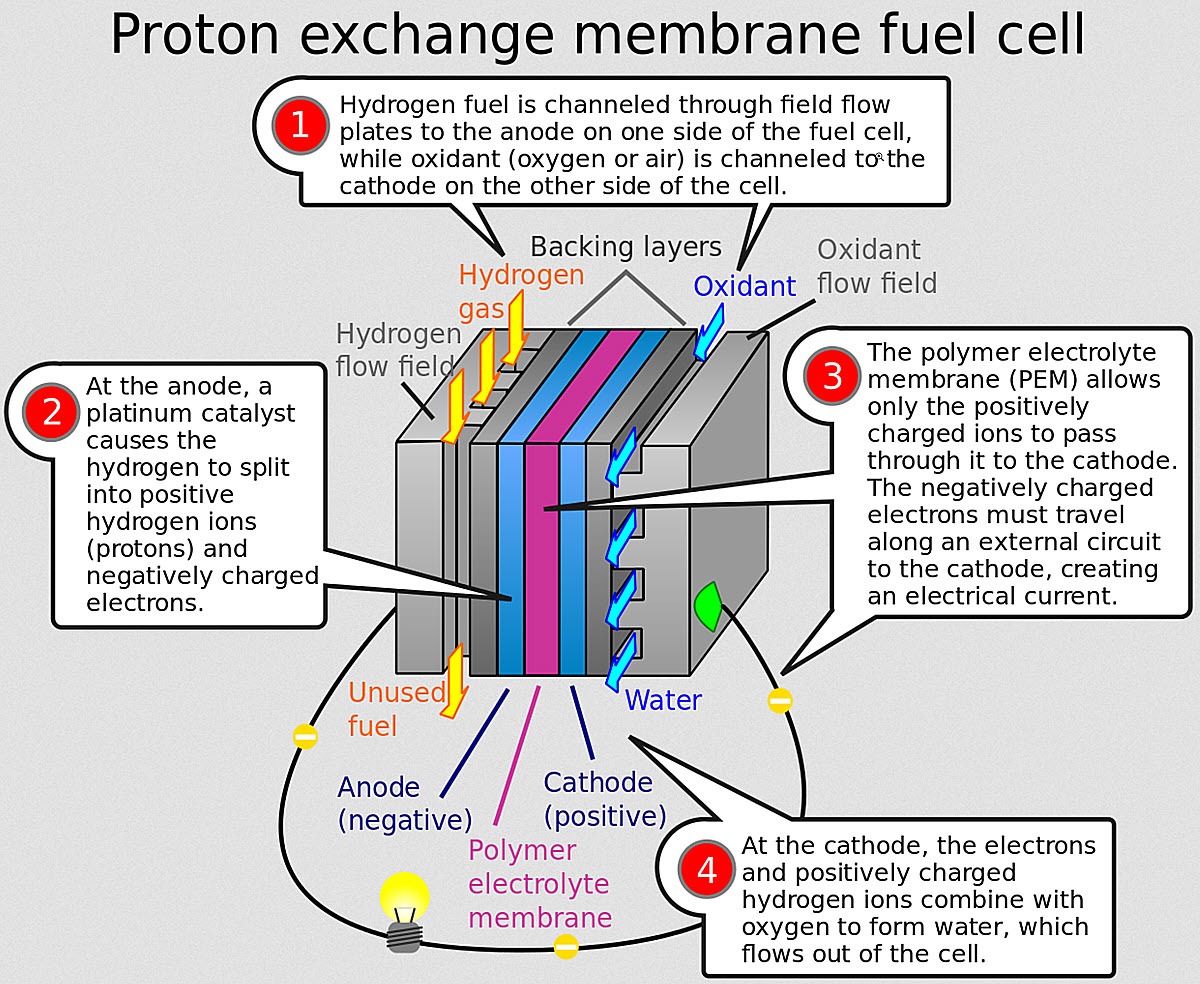
What is a Hydrogen Fuel Cell?
March 24, 2023Clean energy is all the rage because it is one of the best ways to save the environment. A hydrogen fuel cell is one of the few options that provide clean, sustainable, green energy. In this article, you will learn how this fuel cell works and find some variables that make it unique from other options.
Hydrogen Fuel Cell Explained
A hydrogen fuel cell is a clean alternative to combustion-based energy like fossil fuel. It is carbon-free and generates electricity through a chemical reaction rather than internal combustion. The essential variables for this form of electricity are hydrogen and oxygen. After energy production, the by-product is water, not toxic fumes like other fossil fuel sources.
There are two primary types of hydrogen cells. These are green hydrogen cells and fossil-based hydrogen cells. While the green option is derived from an eco-friendly process called electrolysis, the fossil option is derived from methane reformation.
Benefits of Hydrogen Cells as a Source of Electricity
There are numerous benefits of using hydrogen cells to derive energy. Some of the key benefits are listed below:
Green Energy
Greenhouse gases from fossil fuel burning pollute the environment and damage the ozone layer. An organization can guarantee near-zero greenhouse emissions by relying on hydrogen cells for energy production. This dramatic reduction in carbon footprint will do a lot of good if it is adopted on a large scale.

High-Performance Electricity Source
One of the significant challenges affecting the adoption of many clean energy sources is a lack of efficiency. Many of these alternatives to fossil fuels do not provide the same level of performance as their original counterparts. However, the case is different with hydrogen cells. A hydrogen fuel cell performs similarly to gasoline and other fossil-based energy sources.
Abundance
Hydrogen is abundant on the earth today. It is useful in various industries, including automobile, power sector, global distribution, and aerospace engineering. Wherever there is water and electricity, a hydrogen powered-system can exist. Also, you will need significantly less hydrogen to power a system compared to fossil fuels. Imagine how energy-efficient the aerospace industry would be if internal combustion replaces with hydrogen fuel cells.
Drawbacks to the Large Scale Adoption of Green Hydrogen Fuel
Despite all its multiple advantages, the major challenge with adopting hydrogen fuel cells is cost. Hydrogen is abundant, but the catalysts required to convert it to energy are expensive and rare. Also, long-range transportation of hydrogen fuel cells is problematic since only a few infrastructural developments support it.
For hydrogen fuel cell to be eco-friendly, it has to be produced using renewable energy sources. The manufacturing process will pollute the environment if it is obtained from fossil-based sources. Also, the lack of infrastructure for making hydrogen fuel cells makes it difficult to contain for everyday use, especially in the automotive market.
Conclusion
The benefits of hydrogen fuel cells are undoubtedly impressive. This is why companies like EODev are already developing affordable and sustainable hydrogen-based energy solutions. Mainstream adoptions of these solutions may save the planet from energy-based pollution.
This is an illustration on how a PEM fuel cell works:




 With over 15 years of reporting hydrogen news, we are your premier source for the latest updates and insights in hydrogen and renewable energy.
With over 15 years of reporting hydrogen news, we are your premier source for the latest updates and insights in hydrogen and renewable energy.